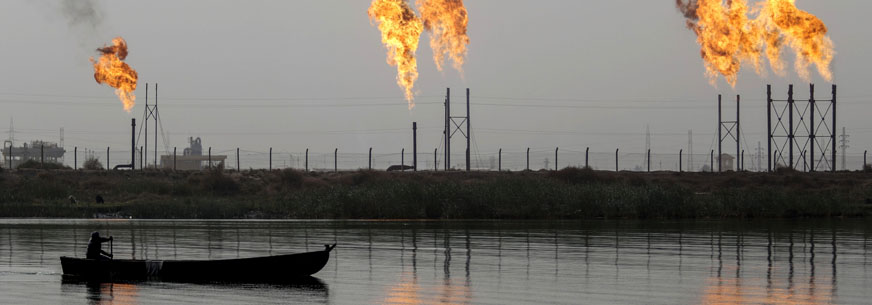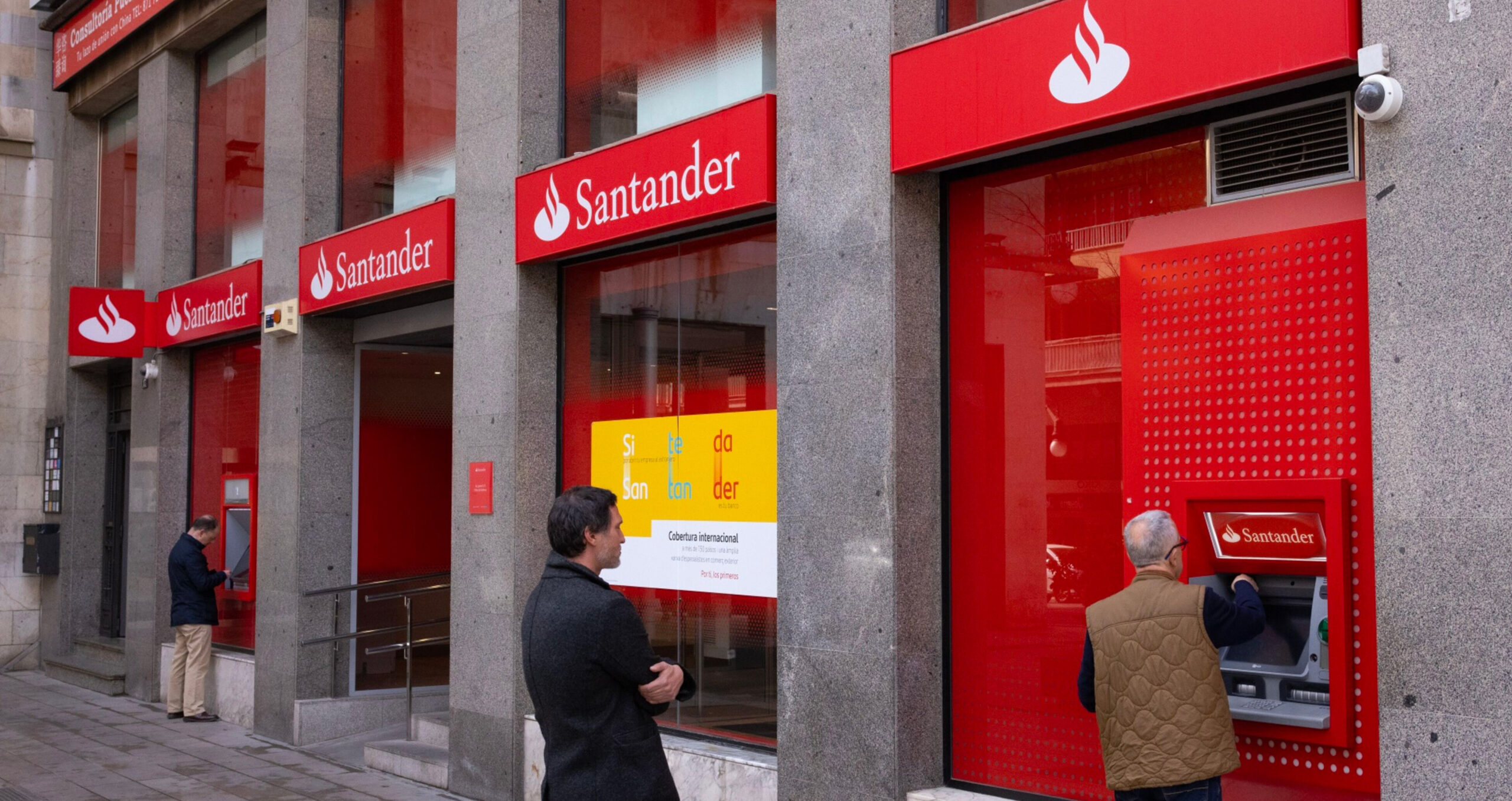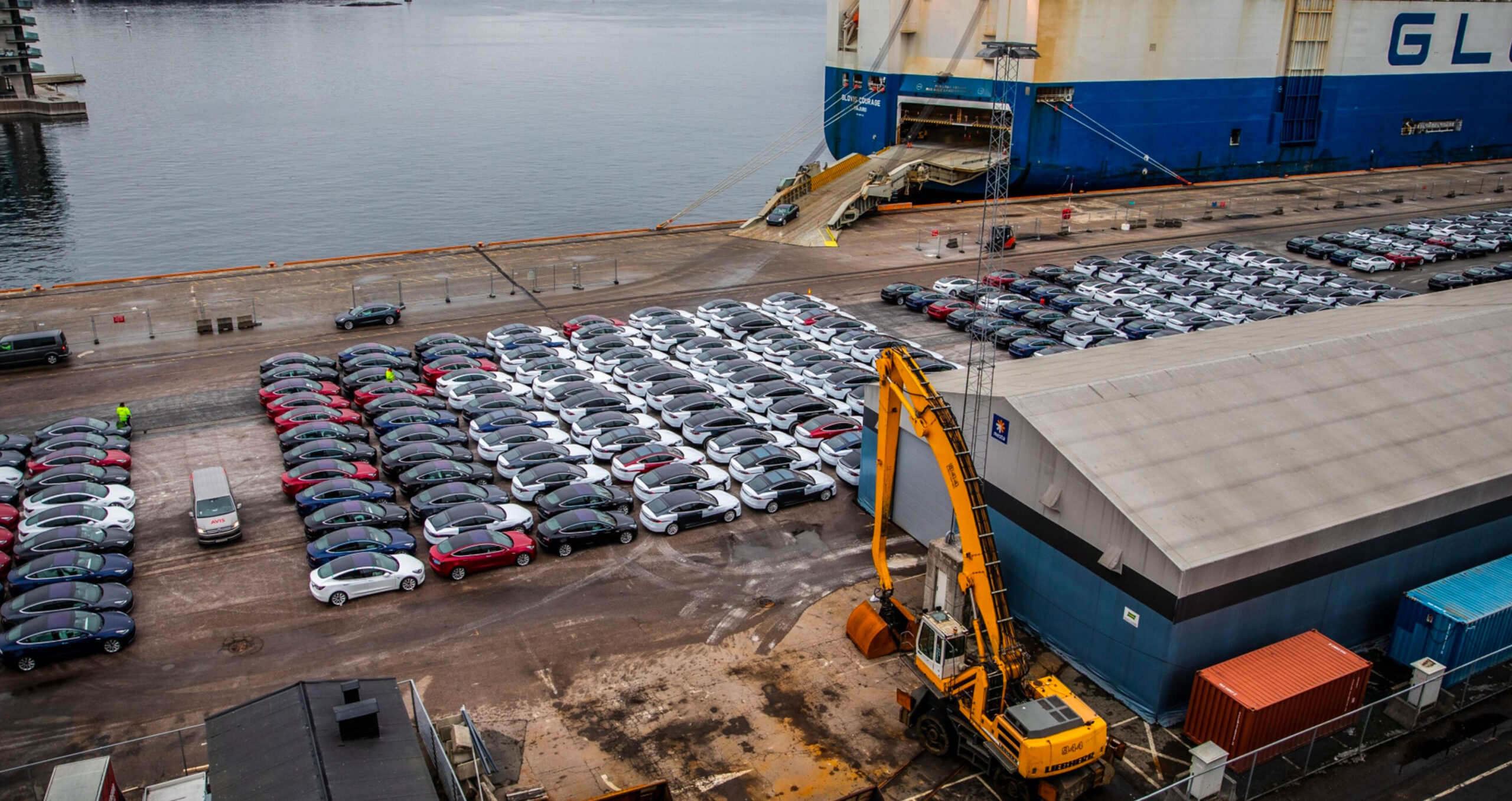

While the debate over EU plans to include gas and nuclear as transition fuels in its green taxonomy rages on, Sustainable Views looks into the real prospects for both sources – as well as those of a ‘100 per cent’ renewable energy system
What to do about gas? Europe’s disentanglement from the ‘least worst’ fossil fuel is proving messy even into 2022, as investors and policymakers ponder the economic fundamentals of alternative energy sources.
2021 saw nations, corporates and investors pledge to cut out fossil fuels. The International Energy Association’s 2020 roadmap to net zero warned that no new gas fields should be developed after 2021.
But with some investors struggling to see value in the economics of using energy sources like hydrogen or nuclear to fill in the supply gaps left by scaling renewables, investment into upstream natural gas projects is actually picking up. And the recently announced EU plan to include natural gas, as well as nuclear energy, as a transition fuel in its green taxonomy has only raised tensions among opponents of either source across the bloc.
Europe’s gas problem is not one of surging demand for electricity. An IEA report published last week found that while a large Chinese rebound has driven global energy demand up by 6 per cent (requiring coal plants to take up slack), in Europe, demand has only reverted to 2019 levels.
Nonetheless, supply issues have wreaked havoc on consumer finances, and call into question current levels of reliance on natural gas during the transition to net zero. Household electricity prices increased in 16 EU member states during the first half of 2021, the latest available data from Eurostat show. The IEA report found that gas prices reached historic highs in the second half of the year.
The fossil fuel has found itself entangled in geopolitics too. Russia has been accused of withholding imports of gas to Europe, while Bloomberg reports that the prospect of war in Ukraine sent power and gas prices surging on Friday.
“Our sense is that this is a big wakeup call for Europe – that relying on fossil gas for your long-term energy strategy isn’t viable,” says Charles Moore, European policy lead at climate think tank Ember.
Moore argues that a twin-track European policy of building new pipelines while keeping good relations with Russia has failed on both counts. The need to phase out gas from bulk energy production to achieve climate goals means costs of new pipelines will never be recovered, while tensions between Vladimir Putin and western counterparts are mounting.
Use of natural gas as a method of bulk power production is widely considered to be incompatible with the transition to net zero. But due to the well known variance in power outputs from renewables depending on weather conditions, as well as discrepancies between the times of day that see maximum production and maximum demand, some still see an investable role for natural gas.
Sustainable Views’ sister platform fDi Intelligence reported that net global investment into gas is gathering pace. A flow into the sector of $602bn in 2021 and a predicted $628bn this year indicates a market belief that gas will have a key role in filling gaps left by renewables, analysts tell the website.
“Most people expect fossil gas to play this flexible role in a short-term period, but the challenge for Europe is to try and get gas out of the bulk generation as quickly as possible,” says Moore.
No more gas?
Jonathan Waghorn is co-manager of the two energy funds at Guinness Global Investors – the Guinness Sustainable Energy Fund, which invests in clean energy, efficiency and electrification companies and the Guinness Global Energy fund, which invests predominantly in oil and gas companies. He says the company’s energy modelling sees a role for gas ‘peaker’ assets until at least the end of its current time horizon in 2050.
“We need to have the backup of hydrocarbon power systems that are flexible,” he says, describing the costs of renewable power storage such as green hydrogen as prohibitive. “We just can’t get our heads around the economics of hydrogen,” he says, adding that battery technology looks a better investment but can only currently be used for short-term storage.
These factors leave open the door to new investments in natural gas, especially given the political uncertainty overhanging current supply lines.
“What’s happened here is that the European market has suddenly realised that it can’t have access to as much gas as it wants,” Waghorn says.
That conclusion will be an unpalatable one for many who want to see a speedy transition to net zero emissions. But a central problem foreseen even by climate campaigners is the poor investment fundamentals of alternatives such as nuclear power.
“If you’re mad enough to build it, it is low carbon,” says Climate Bonds Initiative chief executive Sean Kidney. He highlights the huge costs and length of time needed to build new plants, saying France’s six planned plants (due in 2040) will arrive “way too late to help with climate change”.
“It locks us into high energy prices long term when solar and even offshore wind are cheaper and getting substantially cheaper every year,” he adds. “Waste disposal is a mess; decommissioning is a mess; proliferation control is non-existent for practical purposes. No one in the private sector will insure it; and no one will finance it without state guarantees.”
Back to hydrogen
While Waghorn is critical of the prospects for hydrogen, others feel this could be a replacement for gas, even in its narrower future function as a source of ‘peaker’ power.
Alex Brierley, co-head of Octopus Renewables, the renewable energy investment arm of UK power provider Octopus Energy, says an advantage of green hydrogen is its ability to recover excess output from wind and solar that would otherwise be lost.
He says gas has a role to play in the transition to net zero, but stresses that once businesses such as Octopus scale their wind and solar assets, green hydrogen will have a key role in soaking up excess. Asked about its viability as an investment, he points to Octopus’s partnership with renewable energy company RES and says he hopes for “exciting announcements to follow”.
“Our view as a business is that we need a whole lot more wind and solar,” he says, calling for the government and private sector to work together on both orchestrating supply and encouraging consumers to be more flexible in their demand. “We absolutely think you can have a 100 per cent renewable energy system.”
Similar Articles

Banks under pressure to reveal data comparing green and fossil fuel spending

With better planning and investment, EV uptake could offer storage and grid flexibility


